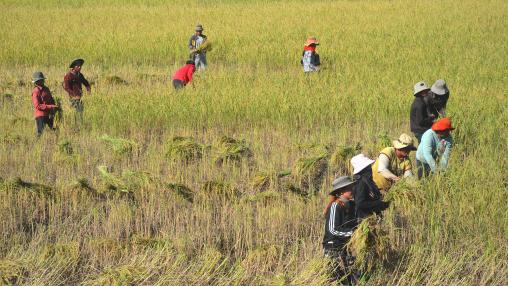
Signaling, screening, or sunk costs? Experimental evidence on how prices affect agricultural technology adoption in East Africa
Smallholder farmers in sub-Saharan Africa face growing pressure to produce more on less land while contending with worsening impacts of climate change. The need for sustainable intensification has rekindled calls for a “Green Revolution” in the region, centered on the widespread adoption of modern inputs such as hybrid seeds and inorganic fertilizers. But introducing new agricultural technologies is not just a matter of making such inputs available; it also requires convincing farmers to try them.
Food Price Shocks Tool - Africa South of the Sahara
The Food Security Portal's Price Shocks Tool provides an interactive way to explore the impact of price changes on poverty. When you set hypothetical price shock(s) using the tool, net impacts of selected price changes are generated per household and the impact on poverty is automatically calculated accordingly.
Food Price Shocks Tool - Africa South of the Sahara
The Food Security Portal's Price Shocks Tool provides an interactive way to explore the impact of price changes on poverty. When you set hypothetical price shock(s) using the tool, net impacts of selected price changes are generated per household and the impact on poverty is automatically calculated accordingly.
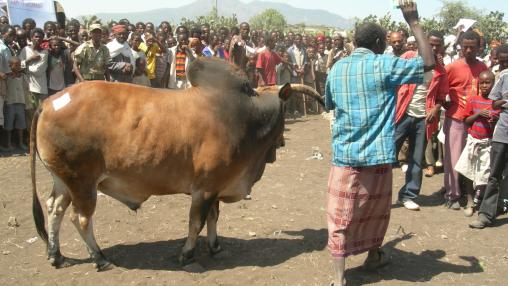
How good are livestock statistics in Africa? Evidence from Ethiopia
Livestock supports the livelihoods of around 1 billion people in low- and middle-income countries (LMICs) (Thorne and Conroy 2017, Baltenweck et al. 2020). However, growth and productivity of the livestock sector in many LMICs are not keeping pace with the increasing demand for animal-source foods. Boosting the sector’s productivity is crucial for poverty reduction in LMICs, which continue to face multifaceted challenges and shocks that threaten the sustainability of food systems. This, in turn, requires reliable livestock data for informing livestock policies and investments.
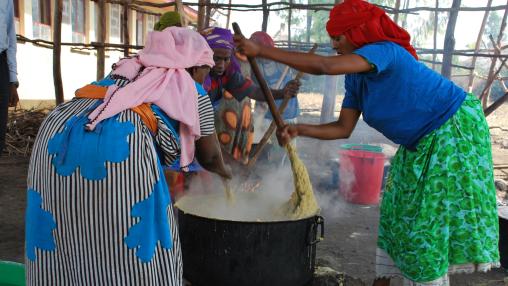
Ethiopia’s health and nutrition data gap and what it means for public health
In a world where data drives decisions, the importance of high-quality health and nutrition data cannot be overstated. Reliable data is the backbone of effective policymaking, intervention planning, and resource allocation—all critical for improving public health outcomes. For Ethiopia, a country grappling with significant health and nutrition challenges, the need for consistent, accurate, and timely data has never been more urgent.
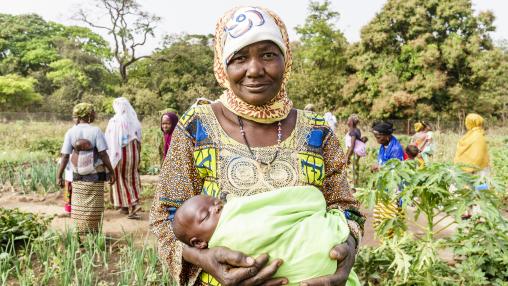
Transforming rural livelihoods: Lessons from the Africa RISING program
Sustainable agricultural development has long been heralded as a vital pathway to alleviating poverty and hunger in Africa, where smallholder farming predominates across diverse landscapes and local conditions changing due to climate impacts and other factors. Sustainable intensification (SI) approaches—tailored to local conditions—offer a range of farming techniques designed to improve growing conditions, yields, and measures of well-being including food security.
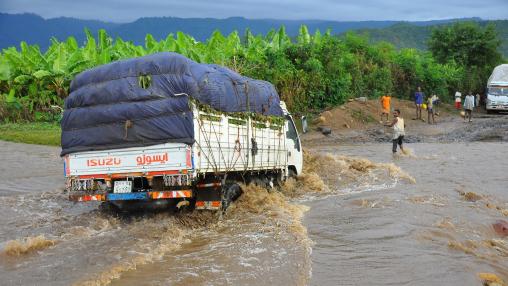
Mitigating Climate Change in Ethiopia: Policies and Priorities
Ethiopia is in the midst of the worst drought in the past 40 years, with six consecutive failed or below-average rainy seasons in the country’s pastoral areas. At the same time, flooding in other regions has disrupted livelihoods and caused widespread damage to lands and infrastructure. Climate shocks like these have been a major contributing factor to Ethiopia’s recent economic reversals, says a new report from the World Bank Group, and strong government action is needed to prepare for and adapt to an uncertain climate future.
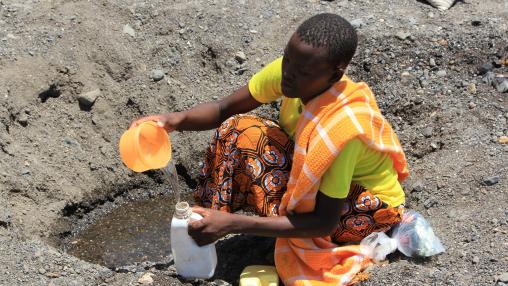
Horn of Africa Continues to Face Acute Food Insecurity, Malnutrition, and Hunger
The Horn of Africa continues to face severe food insecurity, reduced livelihoods, and hunger-related deaths as a result of several years of drought and failed harvests, according to FEWS Net. The hardest hit regions include Somalia, Sudan, the arid and semi-arid regions of Kenya, and southern and southeastern Ethiopia. The situation has been further exacerbated in Sudan and Ethiopia by ongoing conflict.
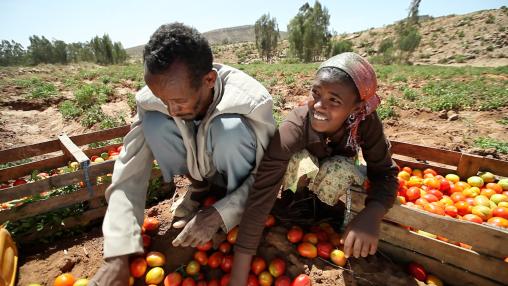
The Hidden Middle: How SMEs Are Driving Value Chain Transformation in SSA
Debate around how to increase production and consumption of nutrient-dense foods like fruits and vegetables and animal products in Africa south of the Sahara has long centered on overcoming constraints such as high cost. According to a new IFPRI working paper, however, this focus may ignore how grassroots efforts, particularly among small and medium-sized enterprises (SMEs) and midstream value chain actors, are in fact driving substantial growth in both supply of and demand for these more nutritious foods.
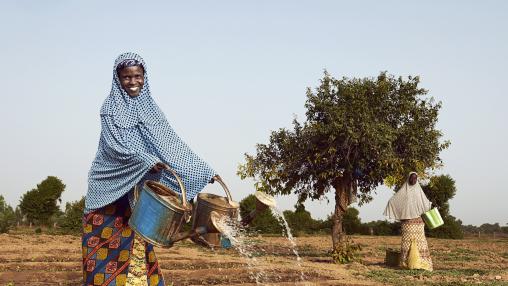
How to Increase Gender Equity in Agriculture: New Evidence from Malabo Montpelier Forum
The twelfth annual Malabo Montpelier Forum was held on June 8 and centered on a new report from the Malabo Montpelier Panel: Bridging the Gap: Policy Innovations to Put Women at the Center of Food System Transformation in Africa. According to the report, nearly two-thirds of African women play a role in the region’s agrifood system.